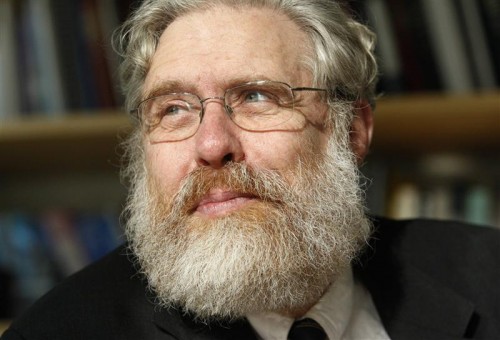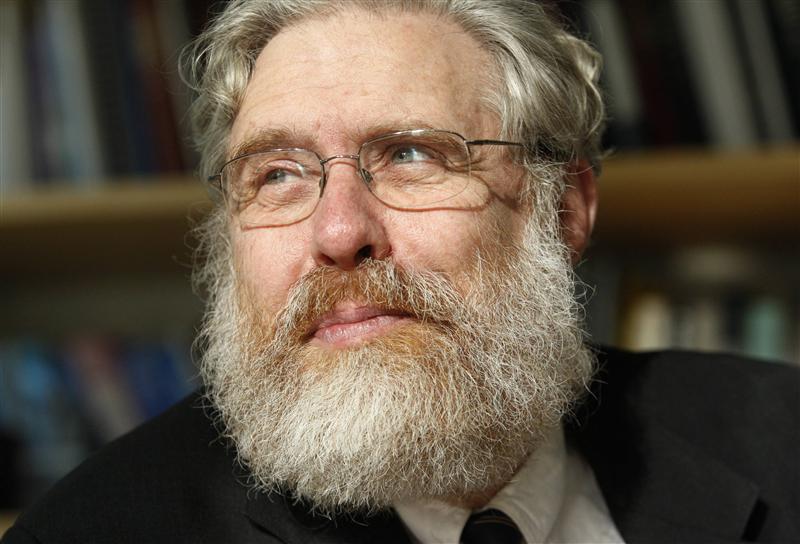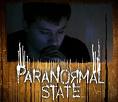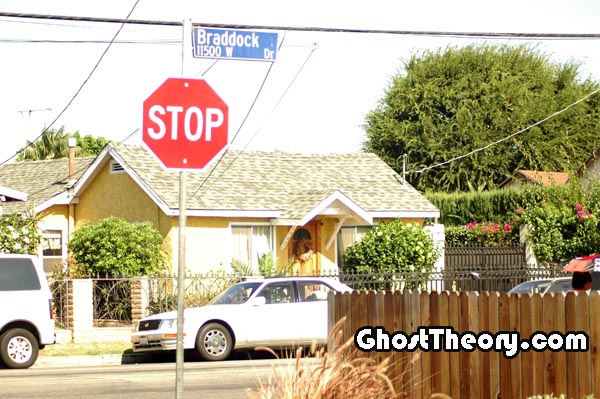
“The public should be able to detect cases where things seem implausible,” Church said in an interview at his office at Harvard Medical School in Boston. “Everybody’s fib detector should have been going off. They should have said, ‘What? Who would believe this?’ … This really indicates that we should have scientific literacy.”
From a recent interview, Harvard geneticist George Church dispels the rumors of his “Neanderthal cloning” experiment. The story was posted first by Henry at Ghosttheory and then re-posted in error by me.
Church spoke with reporters from Reuters to address all the rumors. Although we strive to bring quality articles and breaking news headlines to our audience, we sometimes fell victims to the internet rumors. Hope this clears things up a bit!
3 commentsFull source: News Daily
BOSTON, Jan. 24, 2013 (Reuters) — After spending the weekend reading blog posts claiming that he was seeking an “extremely adventurous female human” to bear a cloned Neanderthal baby – which was news to him – Harvard geneticist George Church said it may be time for society to give some thought to scientific literacy.Church became the subject of dozens of posts and tabloid newspaper articles calling him a “mad scientist” after giving an interview to the German magazine Der Spiegel.
In the interview, Church discussed the technical challenges scientists would face if they tried to clone a Neanderthal, though neither he nor the Der Spiegel article, which was presented as a question and answer exchange, said he intended to do so.
“Harvard professor seeks mother for cloned cave baby,” read one headline, on the website of London’s Daily Mail.
But Church explained on Wednesday that he was simply theorizing.
Still, the readiness of bloggers, journalists and readers to believe he was preparing an attempt to clone a Neanderthal, a species closely related to modern humans that went extinct some 30,000 years ago, led Church to ponder scientific literacy.
“The public should be able to detect cases where things seem implausible,” Church said in an interview at his office at Harvard Medical School in Boston. “Everybody’s fib detector should have been going off. They should have said, ‘What? Who would believe this?’ … This really indicates that we should have scientific literacy.”
Read the rest of the article here.





